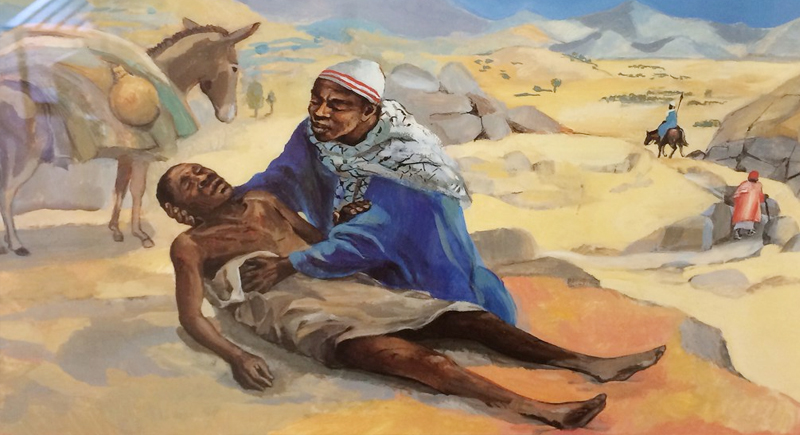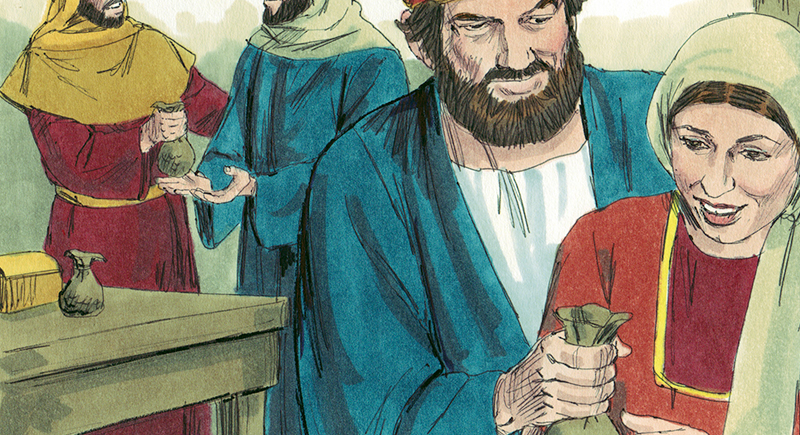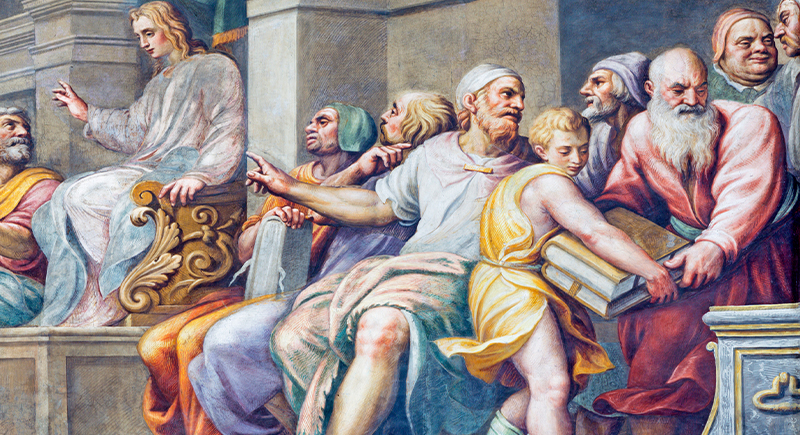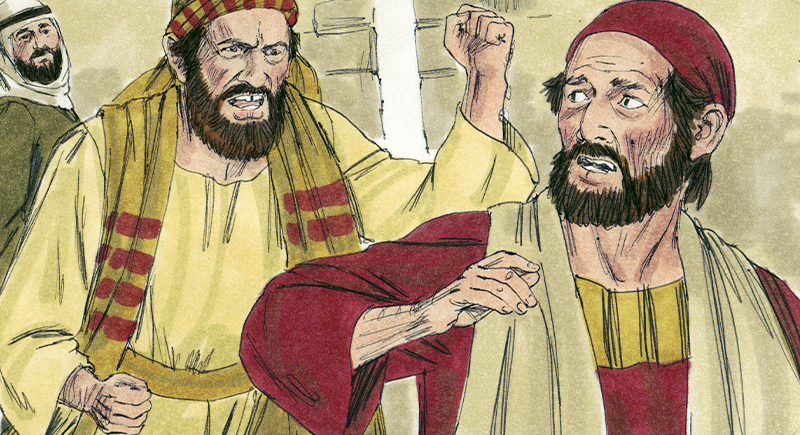Some of Jesus’ most memorable lessons were told through stories. But people tend to skip the hard parts or flatten the meaning into feel-good slogans. These parables carry difficult truths, and their real messages usually challenge religious norms and personal comfort. Here are some that are usually misread or misinterpreted.
Good Samaritan

Many hear the Good Samaritan as a reminder to help strangers. But back in the day, Samaritans were despised. Making one the hero shocked many, but it was all about challenging religious and ethnic prejudice. Jesus pointed to a person hated by society and said, “This is what love looks like.” In doing so, he exposed the failure of religious leaders who ignored suffering.
Mustard Plant

A mustard seed growing into a large plant sounds sweet, but first-century Jews saw mustard as invasive. It overtook land and resisted control. Jesus used this image to show that God’s work spreads outside predictable structures, and it grows in ways that ordinary humans cannot manage.
Clever Manager

Jesus told a story about a manager who reduced debts. This confused listeners because the manager seemed dishonest. However, historically, managers added their own fees. When he cut debts, he removed his own profit. This parable highlights the importance of using resources wisely before they’re gone.
Human Value

Genesis describes people as “very good” before they do anything. That foundation shapes how we read certain parables. If God sees humanity as valuable, then maybe the parables about treasure and pearls describe His pursuit of us.
Older Brother

He stayed, did what was expected, and grew resentful. When his brother returned and the household celebrated, he refused to join. That part of the story gets ignored. But it is clear that the followers being addressed were religious insiders who believed their obedience earned them status.
Hidden Treasure

People often assume these parables describe the believer seeking God. But some theologians suggest the opposite. The man finds the treasure, then gives everything. That could be a picture of God valuing humanity. If these parables show God seeking us, then they reveal a pursuit of the divine, as opposed to obligation.
Material Hoarding

Jesus warned against letting possessions control priorities. In his time, people hoarded wealth in ways that served no one. That habit reflected misplaced trust—security rooted in stuff rather than in God. Instead of viewing resources as tools for good, individuals began measuring worth by what they owned.
Spiritual Poverty

Feeling spiritually empty doesn’t mean being sad or unsure of yourself. It reflects an honest view of your own limits. People who carry that awareness stop trying to prove something. That space leaves room for something deeper to grow. Without it, the focus stays inward, and grace rarely gets through.
Judging Others

Most people make judgments constantly about actions, motives, or decisions. And while that part isn’t unusual, the issue arises when those judgments carry hypocrisy. The well-known phrase “Judge not” wasn’t a blanket ban on calling things out. It challenged individuals to examine their own lives first.
Lazarus Named

Unlike every other parable, this one names a character to add weight to the story. The narrative draws a line between comfort and complacency by exposing a mindset that treats suffering as irrelevant when it doesn’t threaten personal comfort. Lazarus sat outside the rich man’s gate, visible yet overlooked. Even in the afterlife, the rich man still saw Lazarus as beneath him.
Shameless Neighbor

Getting someone to help depends less on need and more on timing. In this parable, a man receives bread not because his friend is generous, but because that friend wants to avoid public embarrassment. It’s making a comparison: if reluctant people respond out of social discomfort, then expect far more from a God who acts without hesitation.
Lost Sheep

The shepherd, after spotting one sheep missing, leaves the rest behind and begins searching. That move would have surprised ancient listeners, since it put the larger flock at risk. Still, the story centers on the willingness to pursue what others might write off. When the lost sheep is found, there’s a celebration because value can look different than what we assume.
Kingdom Present

Some translations say the kingdom of God is “within you,” which sounds like a message about personal divinity. But that phrasing comes from a conversation with religious leaders who openly opposed the message. A closer reading of the original language suggests a better translation: “in your midst” or “among you.” That shift moves the meaning from introspection to recognition.
Concealed Meaning

Parables didn’t serve as illustrations to simplify teaching. In fact, they often confused listeners who expected direct answers. The Gospels quote the prophet Isaiah, who described people hearing but not understanding. That reference helps explain why parables worked as a filter.
Unmerciful Servant

A king forgives a significant debt owed by his servant and frees him entirely. Later, that same servant refuses to erase a tiny debt owed by a fellow servant. The narrative challenges anyone who experiences kindness but refuses to extend it, and highlights how mercy must circulate to have lasting power.
The Rich Fool

This one usually gets watered down to “don’t be greedy.” But the farmer’s mistake wasn’t just building bigger barns but believing more storage equaled more security. Spoiler: the barns outlived him. The parable forces a more complicated truth: comfort built on hoarding is paper-thin.